Understanding Carpal Tunnel Syndrome: Relief and Treatment Options
Introduction:
Carpal Tunnel Syndrome (CTS) is a prevalent condition affecting millions of people worldwide, characterized by numbness, tingling, and weakness in the hand and arm. It occurs when the median nerve, which runs from the forearm into the palm of the hand, becomes compressed or squeezed at the wrist. At Palomar Spine and Pain, we understand the impact CTS can have on your daily life, and we offer comprehensive treatment options to help alleviate your symptoms and restore functionality.
What is Carpal Tunnel Syndrome?
The carpal tunnel is a narrow passageway in the wrist made up of bones and ligaments. The median nerve, responsible for controlling sensations to the palm side of the thumb and fingers (except the pinky), passes through this tunnel along with tendons. When the median nerve becomes compressed or irritated due to various factors, it leads to the symptoms associated with CTS.
Causes and Risk Factors:
Several factors contribute to the development of CTS, including:
Repetitive hand and wrist movements: Activities such as typing, using a computer mouse, or assembly line work can contribute to the development of CTS over time.
Injury or trauma to the wrist: Fractures, sprains, or dislocations of the wrist can increase the risk of CTS.
Health conditions: Conditions like diabetes, obesity, rheumatoid arthritis, and thyroid disorders are associated with an increased risk of developing CTS.
Gender: Women are more likely to develop CTS than men, possibly due to differences in wrist anatomy and hormonal factors.
Symptoms:
The symptoms of CTS can vary in severity and may include:
Numbness, tingling, or burning sensation in the thumb, index, middle, or ring fingers.
Weakness in the hand, making it difficult to grip objects or perform fine motor tasks.
Pain or discomfort in the wrist, hand, or forearm, which may worsen at night.
Shock-like sensations radiating from the wrist up the arm.
Treatment Options at Palomar Spine and Pain:
At Palomar Spine and Pain, our experienced team of specialists offers personalized treatment plans tailored to your unique needs. Depending on the severity of your symptoms and underlying causes, treatment options may include:
Non-surgical interventions: Conservative treatments such as wrist splinting, activity modification, and physical therapy can help alleviate symptoms and improve wrist function.
Medications: Nonsteroidal anti-inflammatory drugs (NSAIDs), corticosteroids, or pain relievers may be prescribed to reduce inflammation and alleviate pain associated with CTS.
Injection therapies: Corticosteroid injections into the carpal tunnel can provide temporary relief from symptoms by reducing inflammation and swelling around the median nerve.
Minimally invasive procedures: In cases where conservative treatments fail to provide adequate relief, minimally invasive procedures such as carpal tunnel release surgery may be recommended to alleviate pressure on the median nerve and improve symptoms.
Conclusion:
Carpal Tunnel Syndrome can significantly impact your quality of life, affecting your ability to perform daily activities and work-related tasks. At Palomar Spine and Pain, we are dedicated to providing compassionate care and effective treatment options to help you find relief from CTS symptoms and regain functionality in your hands and wrists. If you are experiencing symptoms of CTS, don't hesitate to schedule a consultation with our team to explore your treatment options and take the first step towards recovery.
